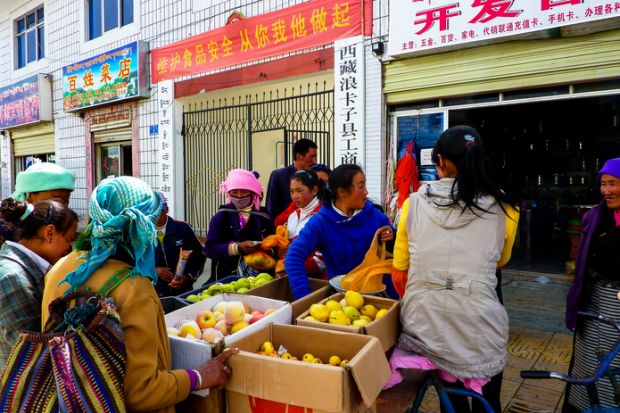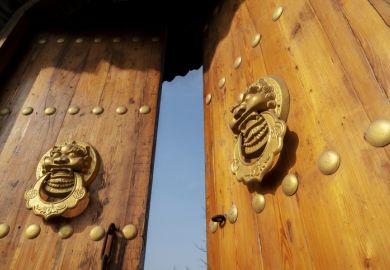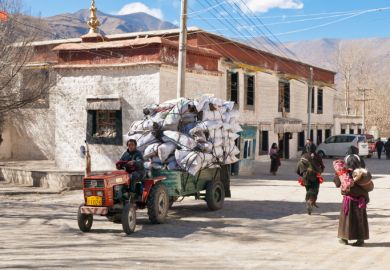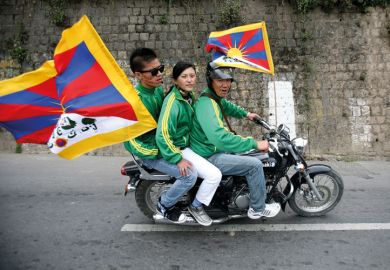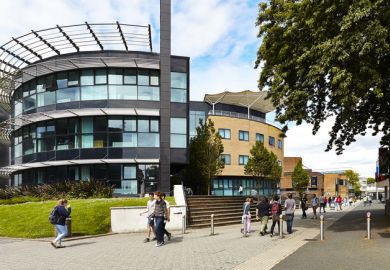A Tibetan rights group has criticised the region’s government for a new policy that will allow the children of investors who bring in enough money to take university entrance exams there, describing the plan as “exploitative”.
University admission quotas and standards vary across Chinese provinces, meaning students living in Tibet generally need to score lower on the national gaokao admissions exam to qualify for entrance to the same institution as their counterparts in regions such as Beijing.
Now, Tibet has promised investors from outside the region that their children can take exams there if they spend at least $400,000 (£329,000) and maintain their investment for five years.
It follows reforms made more than a decade ago that allow “migrant children” within China to take exams in a new province and be subject to the same criteria as local children – a policy originally brought in to end the need for children who have moved to a new region to have to return to their old home to take the national entrance exam.
But there are rising concerns in China about “gaokao migrants”, who take advantage of the policy and variable scoring systems to secure a university place by moving to an “easier” region, such as Tibet.
Under Tibet’s new policy, students must have been permanent residents there for more than three years and have attended high school in the region for at least one year to be eligible to sit the test.
The Tibet Rights Collective, a Delhi-based advocacy group, said the policy was “exploitative” and “discriminates against Tibetan candidates and undermines their educational opportunities”, with the enrolment rates of Tibetan children expected to fall as a result. The varied scoring systems are intended to account for the differing levels of education resources available across China’s provinces.
“The influx of exam takers from provinces with better educational resources threatens to inflate Tibet’s minimum scores, further disadvantaging Tibetan aspirants,” the group said in a statement. “This underscores the urgent need for equitable access to education and an end to discriminatory practices that perpetuate inequalities faced by ethnic minorities, including Tibetans.”
Chinese authorities have previously attempted to crack down on gaokao migrants, disqualifying some students who had recently relocated from taking the test, leaving them unable to gain admission to university.
Last year, nearly 13 million students sat the exam across China, the highest number on register. The gaokao is notoriously tough, with students expected to distil the knowledge gained throughout their school life into an exam lasting two to four days.
Register to continue
Why register?
- Registration is free and only takes a moment
- Once registered, you can read 3 articles a month
- Sign up for our newsletter
Subscribe
Or subscribe for unlimited access to:
- Unlimited access to news, views, insights & reviews
- Digital editions
- Digital access to THE’s university and college rankings analysis
Already registered or a current subscriber?
